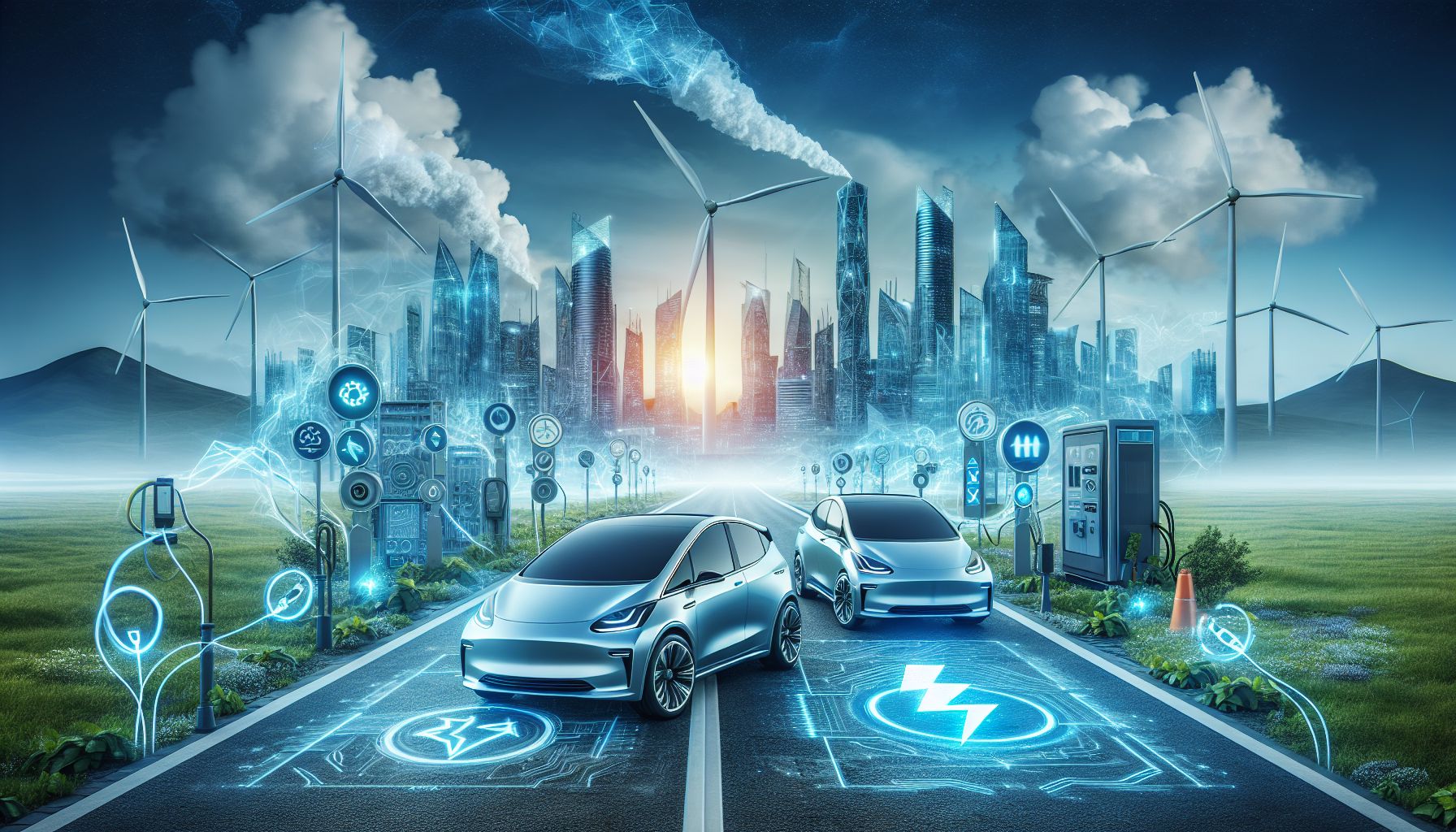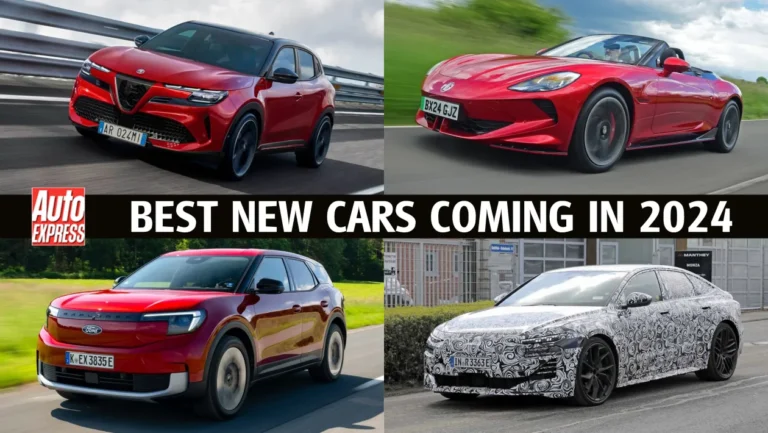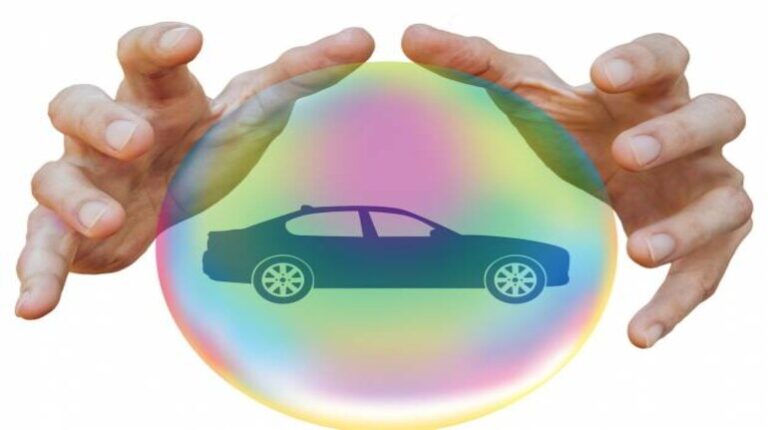The Future of Electric Vehicles: What to Expect in the Next Decade
As we move further into the 21st century, electric vehicles (EVs) are becoming an increasingly prominent part of the automotive landscape. With advancements in technology and growing environmental awareness, the next decade promises to bring significant changes to the world of electric vehicles. Here’s a look at what we can expect.
1. Advancements in Battery Technology
One of the most anticipated developments in the EV sector is the advancement of battery technology. Expect to see:
- Increased Energy Density: New battery technologies, such as solid-state batteries, promise higher energy density, which will result in longer driving ranges.
- Faster Charging Times: Innovations like ultra-fast charging stations and improved battery designs will reduce charging times, making EVs more convenient for everyday use.
- Improved Lifespan: Advances in battery chemistry and management systems will enhance battery longevity, reducing the need for costly replacements.
2. Expansion of Charging Infrastructure
As the adoption of EVs grows, so will the charging infrastructure. Key developments include:
- Widespread Charging Stations: More public and private charging stations will be installed, making it easier for EV owners to find a charge wherever they go.
- Home Charging Solutions: Improved and more affordable home charging solutions will be available, making it easier for people to charge their vehicles overnight.
- Wireless Charging: Emerging wireless charging technology could offer a seamless charging experience without the need for physical connectors.
3. Enhanced Vehicle Range and Performance
Electric vehicles will see significant improvements in both range and performance:
- Extended Range: Advances in battery technology and energy management systems will extend the range of electric vehicles, making them more practical for long-distance travel.
- Improved Performance: Electric motors are already known for their impressive torque and acceleration, and future developments will further enhance these performance aspects.
4. Increased Affordability and Variety
The EV market will become more accessible with:
- Lower Prices: As technology advances and economies of scale are achieved, the cost of electric vehicles will decrease, making them more affordable for the average consumer.
- Diverse Options: A wider range of electric vehicles, including budget-friendly models, luxury options, and specialized vehicles (e.g., trucks and SUVs), will become available to meet diverse consumer needs.
5. Integration with Smart Technologies
Electric vehicles will increasingly integrate with smart technologies:
- Autonomous Driving: The development of self-driving technology will be closely linked with electric vehicles, as both fields benefit from advancements in artificial intelligence and sensors.
- Connected Vehicles: EVs will feature advanced connectivity options, allowing for real-time data sharing, remote diagnostics, and integration with smart home systems.
6. Environmental Impact and Sustainability
The environmental benefits of electric vehicles will be further realized through:
- Sustainable Materials: Future EVs will use more sustainable and recyclable materials in their construction, reducing their overall environmental footprint.
- Renewable Energy Integration: The growth of renewable energy sources will complement the rise of electric vehicles, creating a more sustainable and eco-friendly transportation ecosystem.
7. Government Policies and Incentives
Expect continued support from governments worldwide:
- Incentives and Subsidies: Governments will likely continue to offer incentives and subsidies to promote the adoption of electric vehicles and reduce emissions.
- Regulations and Standards: Stricter environmental regulations will drive further innovation in EV technology and support the transition to greener transportation options.
Conclusion
The next decade promises to be an exciting time for electric vehicles, with advancements in technology, expanded infrastructure, and increased affordability paving the way for widespread adoption. As electric vehicles become more integrated into our daily lives, they will play a crucial role in shaping the future of transportation and contributing to a more sustainable world.





